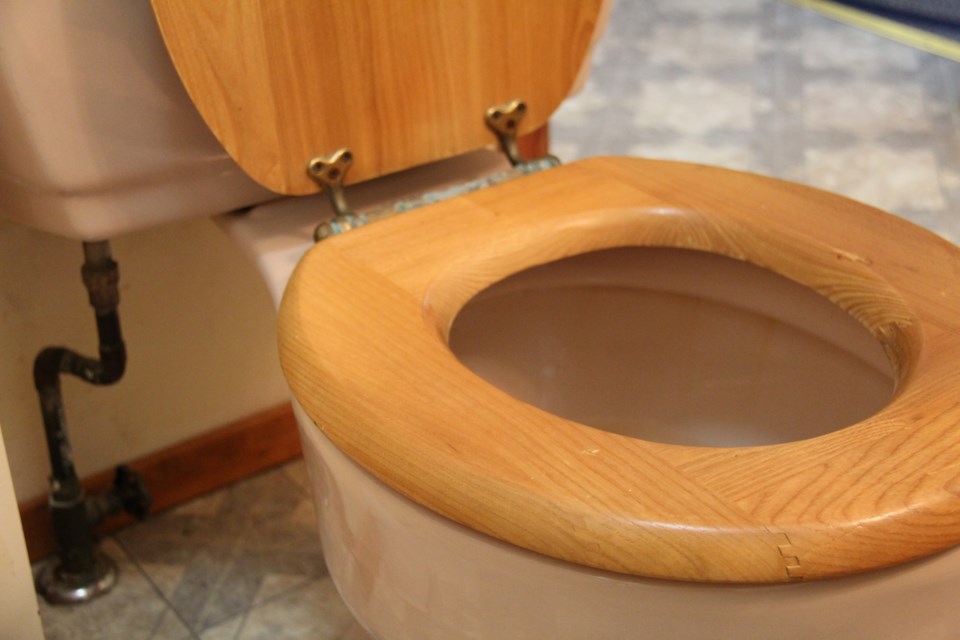Happy World Toilet Day, Sudbury! Does our headline have you feeling flush?
Maybe that's because many people prefer to relieve themselves in private – with that in mind, the World Health Organization (WHO) is taking the potty public to raise awareness about harms associated with lack of private toilets around the world.
According to the WHO, 2.3 billion people do not have basic sanitation facilities such as toilets or latrines, and almost half of these defecate in the open. Lack of access to quality sanitation is linked to transmission of diseases such as cholera, typhoid, dysentery, diarrhea, hepatitis A and polio. Diarrhea kills 280,000 people annually where there is inadequate sanitation.
Adequate sanitation that prevents exposure to disease consists of a toilet connected to a sewer or pit or septic tank that treats human waste. Kids are especially impacted where access is unavailable.
WHO estimates the deaths 361,000 children aged under five years could be prevented every year if they had access to adequate sanitation.
To that end, WHO and the United Nations Children's Fund have been producing updates on water, sanitation and hygiene through a joint management programme for water supply, sanitation and hygiene since 1990. The sustainable development goals produced by WHO challenges all countries to ensure universal access to sanitation by 2030.
While Canadians may enjoy toilet humour from time to time, the facts of not having a toilet are no laughing matter:
Only 1.9 billion people (27% of the global population) used toilets in private in 2015. These were connected to sewers and wastewater was treated.
The countries where open defecation most often occurs also have the highest levels of poverty and malnutrition.
At least 10 per cent of the world's population is thought to consume food irrigated by wastewater. Of 101 countries studied by WHO and UNICEF, 23 per cent had an unimproved sanitation facility or no sanitation facility at all.
On a roll? Here are some more figures related to lavatories (or washrooms, or bathrooms, whatever you call them):
Greater Sudbury city bylaws forbid people from urinating or defecating in public parks except in a washroom facility intended for that purpose.
World Toilet Day is celebrated every year on the 19th of November. This year's theme acknowledges eco-friendly solutions to sanitation crisis around the world that include composting latrines and reed-beds or human-made wetlands that filter waste before it is released into water sources.
Enough toilet facts? Praying to the porcelain goddess for this heave of information to stop? Take our poll:
